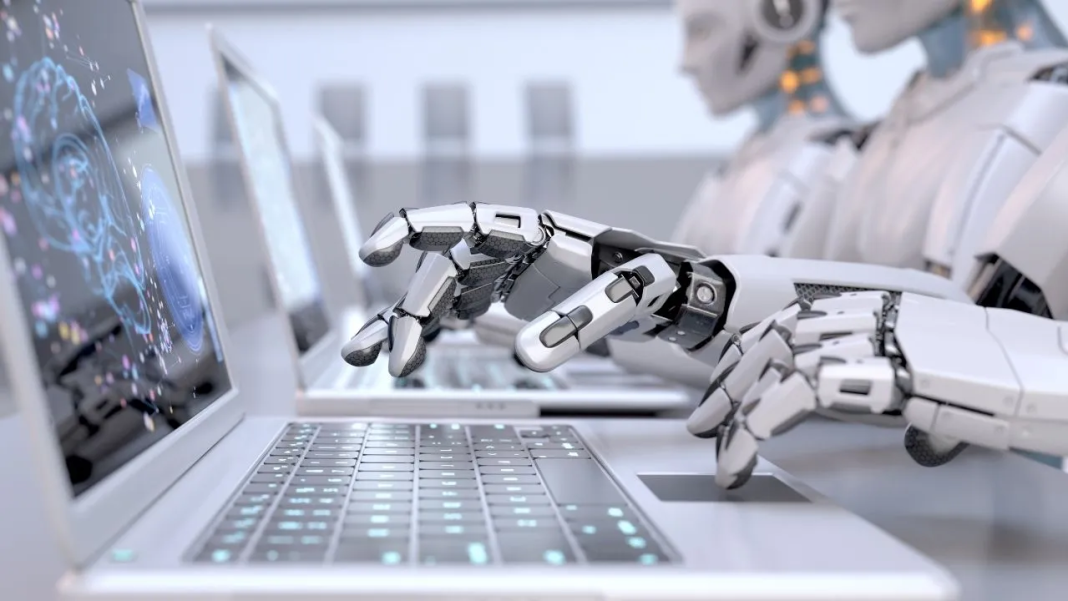Introduction: Although automation has been a buzzword for decades, its effects are now more apparent than ever. Automation has the potential to completely change the way we work and the sectors we work in thanks to technological breakthroughs, particularly in the areas of robotics and artificial intelligence. We will examine the future of automation in this blog and how it will impact industries and jobs worldwide.
The Rise of Automation: The idea of automation is not new. It has been gradually seeping into a number of sectors for years, including industry and banking. But new advances in robotics and AI have widened its applicability and quickened its acceptance. Automation is causing tasks that were previously completed only by people to become more efficient, less expensive, and more productive.
Effect on Jobs: One of the main worries about automation is how it will affect employment. Automation changes the nature of employment and opens up new opportunities, but it also has the ability to replace specific occupations. Automation is more likely to affect routine and repetitive work; it is less likely to affect positions requiring creativity, critical thinking, and emotional intelligence.
Automation is already having a big impact on industries including manufacturing, transportation, and retail. Robots are optimizing manufacturing processes, while autonomous cars are transforming the transportation sector. Robotic warehouses and automated checkout systems are becoming more and more widespread in retail.
Reskilling and Upskilling: People need to concentrate on reskilling and upskilling in order to adjust to the shifting nature of the labor market. As certain professions become obsolete due to automation, other positions that demand distinct skill sets arise. For this reason, making educational and training investments is crucial to maintaining competitiveness in the labor market.
Organizations and governments may help to facilitate this shift as well. Programs like lifelong learning opportunities and job training can assist people in gaining the skills necessary for the occupations of the future.
Possibilities for Innovation: Automation offers chances for growth and innovation even though it may provide difficulties for particular businesses. Organizations may free up human capital to concentrate on more strategic objectives by automating mundane processes. New business models, enhanced consumer experiences, and more innovation may result from this.
Automation, for instance, is transforming patient care in the healthcare industry by facilitating more individualized treatment regimens and simplifying administrative duties. AI and drones in agriculture are increasing agricultural yields and decreasing resource waste. Innovation has no limits, and businesses that adopt automation will be better positioned to prosper in the long run.
Ethics: It’s important to think about the ethical ramifications of these technologies as we adopt automation. Automation may make inequality worse as it may disproportionately harm some groups when it comes to job displacement. To make sure that automation helps society as a whole, issues with algorithmic bias, privacy, and data security also need to be resolved.
In Conclusion, automation is radically changing both occupations and sectors, and in the years to come, its influence will only increase. It brings difficulties, such loss of employment and moral dilemmas, but it also brings chances for development and innovation. Individuals and companies can effectively navigate the future of work and fully use automation by investing in education, reskilling, and upskilling. It is crucial that we put worker welfare first and make sure automation helps society as a whole as we accept these developments.


